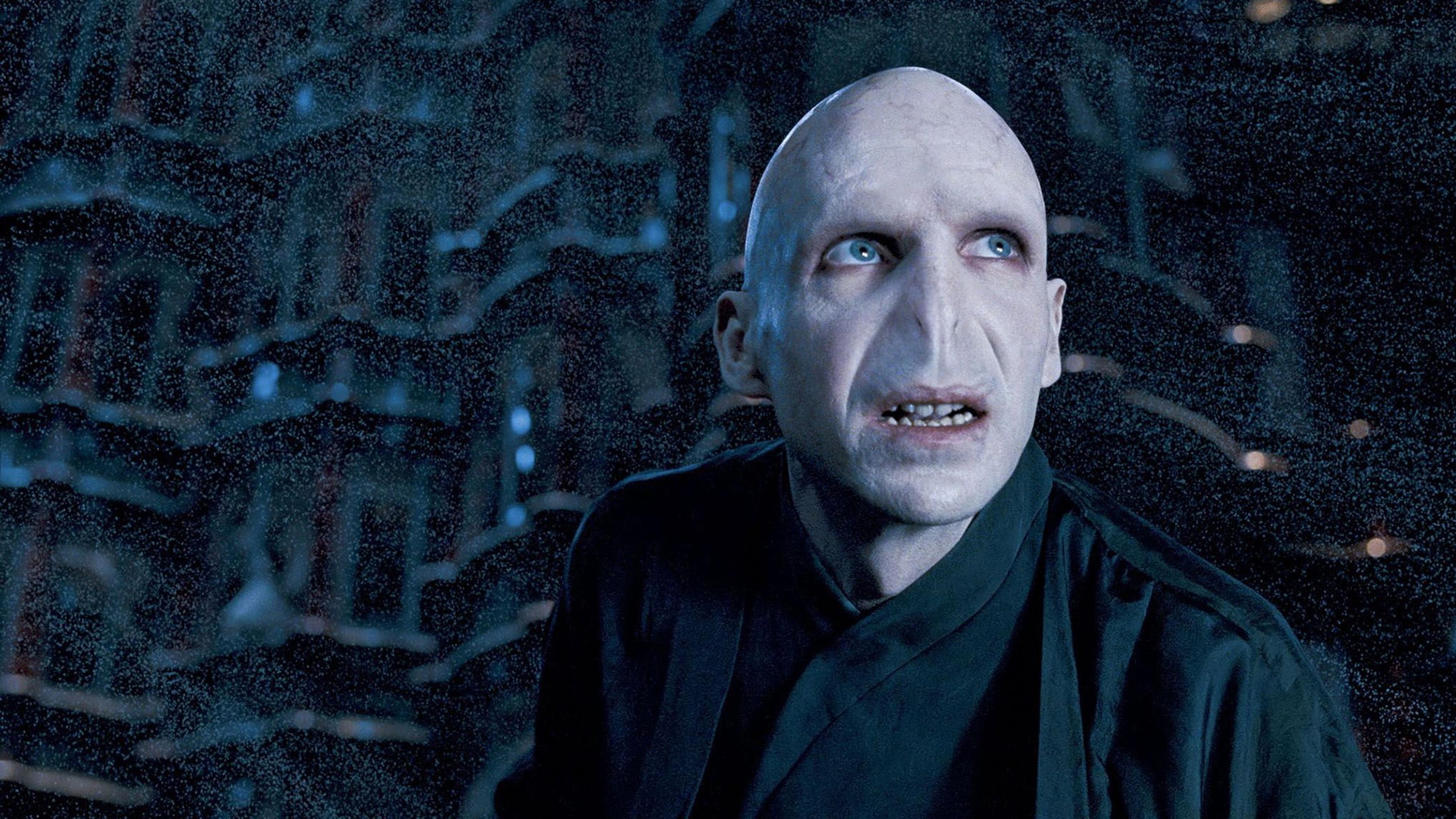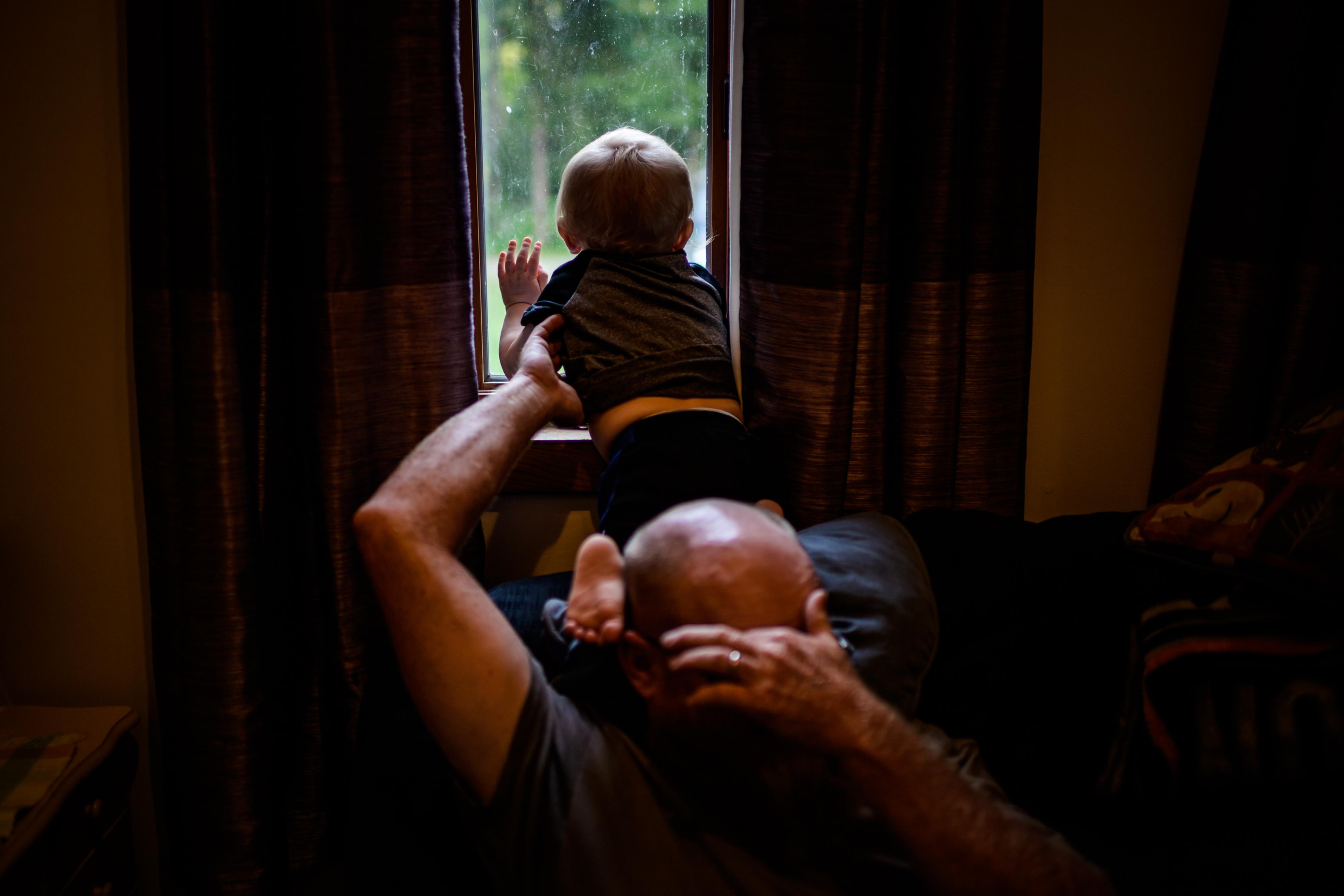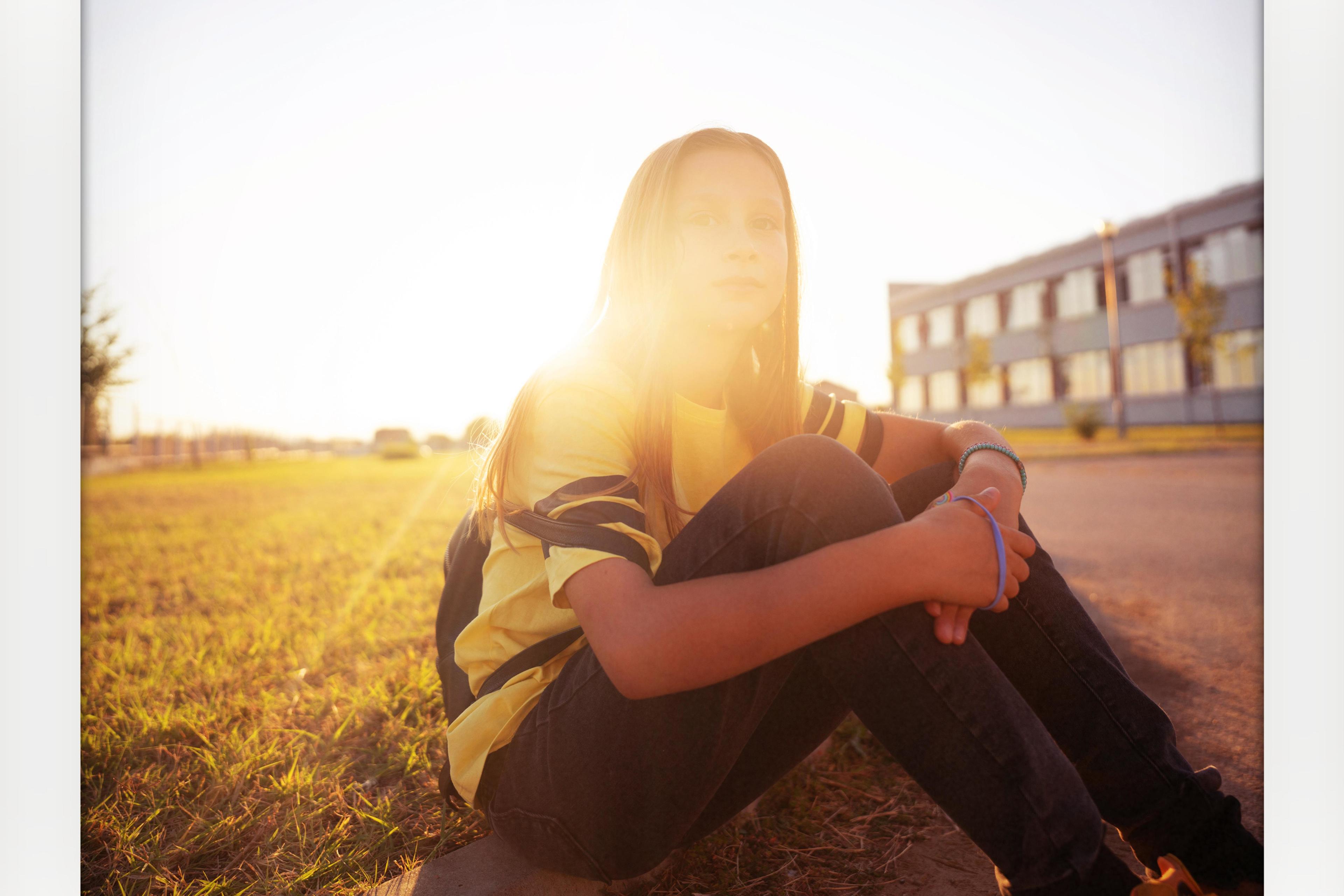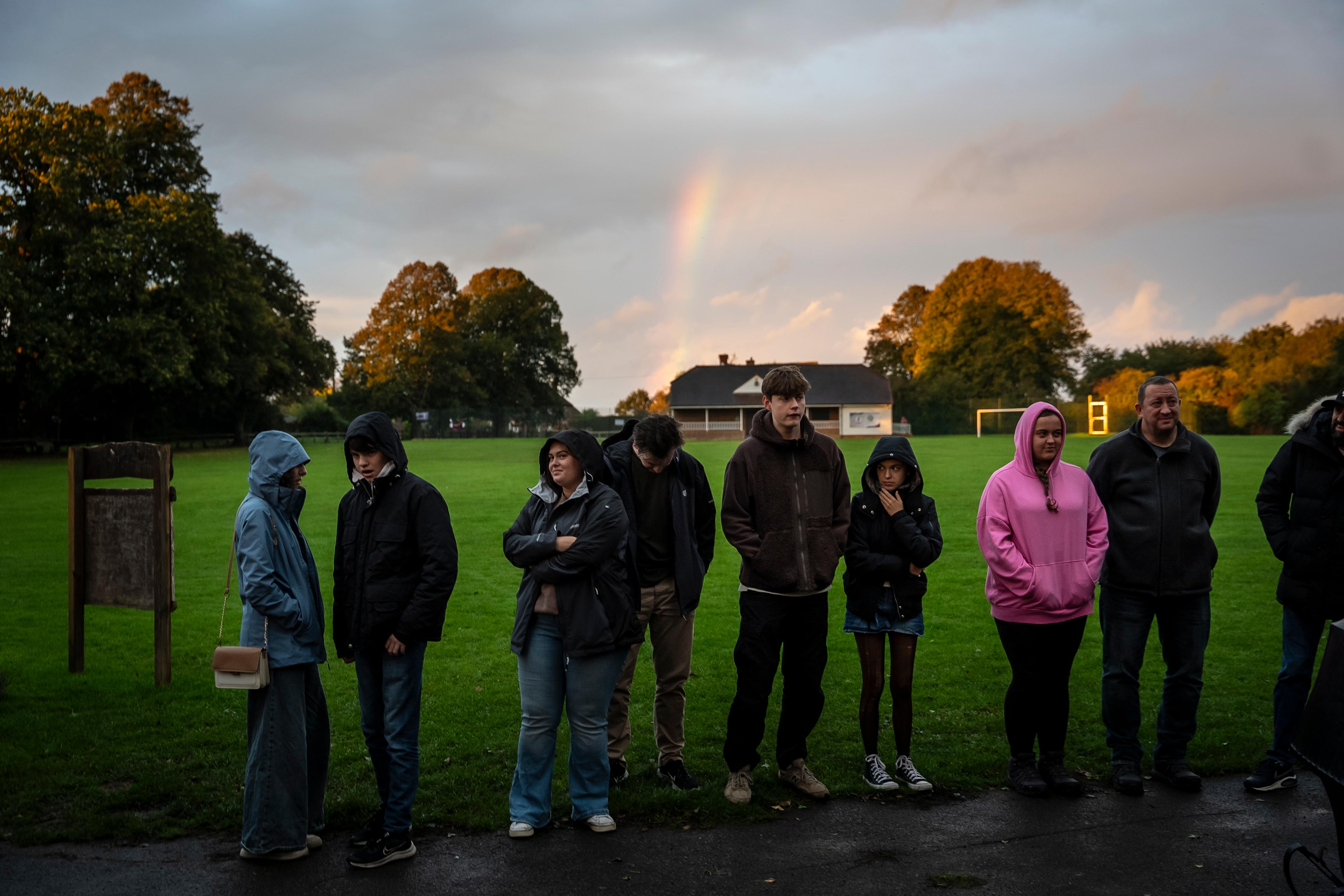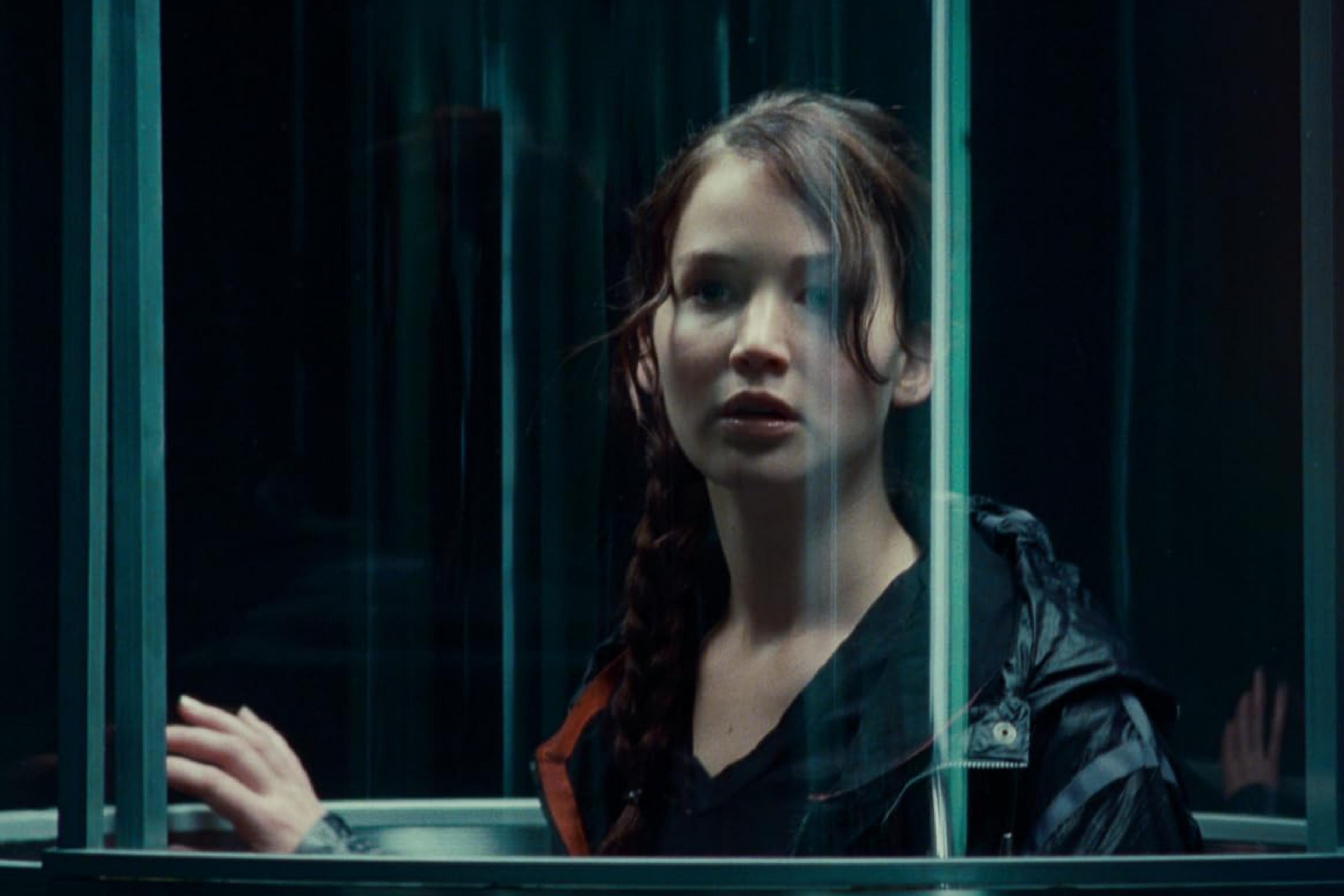Do you have a dark side? If so, do you feel comfortable exploring it? Some research suggests that the answer might be a resounding ‘no’. We strive to see ourselves as ‘good’ – indeed, people generally feel that, deep down, they are fundamentally honest and moral. In line with this, we tend to avoid the idea that darkness could lie within us. For example, people feel uncomfortable when faced with others who seem similar to them but ‘bad’ in some way, such as when they learn about a serial killer who happens to have the same favourite movie, food or song as them. Being similar to someone who seems emotionally unstable, rude, treacherous or otherwise ‘bad’ is distressing because it leads us to wonder: what’s stopping me from being that way too?
But the dark side might not always be a deterrent. Specifically, while research shows that we avoid bad others who seem like us, I wondered whether immersion in fictional worlds would make us more open to the villain within. Fiction is, by definition, separate from reality. Because of this, people feel comfortable exploring perspectives in fiction that would be far too threatening in real life. Could acceptance extend to evil, immoral or otherwise objectionable characters who somehow feel familiar? If fiction could take the fear out of similar villains, all that would remain are the benefits: a character we can relate to, who’s relevant to our lives.
To test the theory, my co-author Derek Rucker and I accessed data from an online entertainment platform called CharacTour. The site has more than 350,000 users who can browse more than 5,300 characters from popular movies, television shows and books. CharacTour also recommends characters based on personality quizzes and upvoting via likes.
Our study compared the personality traits of fictional villains with those of the villain’s fans. For example, we wanted to know whether a villain such as Voldemort, who is very quick to anger, would repulse or attract hot-headed users (represented by either an especially low or an especially high percent of Voldemort’s fans identifying as hot-headed). We found no evidence of repulsion from similar villains, as would have been implied by previous research on the fear of discovering ones’ dark side – instead, our study showed that, as a villain becomes more strongly characterised by a particular trait, a greater percentage of his fans tend to possess that trait, too. In other words, the chattiest users seem drawn to chatty villains, intelligent users to intelligent villains, hot-headed users to hot-headed villains, and so on.
In a second study, we presented participants with several online personality quizzes typical of the sort one sees online – ‘What animal is your personality most similar to?’ ‘What type of potato are you?’ etc. For each quiz, participants indicated how uncomfortable it would be to take that quiz. Consistent with the idea that fictionality makes similarity to a villain safe, we found that people expected the quiz ‘Which fictional villain are you?’ to be less uncomfortable than taking the quiz ‘Which real-life villain are you?’ There was a difference in discomfort even for the scariest villains: participants indicated that taking the quiz ‘Which movie serial killer are you?’ would be less uncomfortable than ‘Which real-life serial killer are you?’
After that, we tested the premise by offering volunteers the chance to watch a hypothetical new movie about a character named Sam. We described Sam as either similar to the participant or dissimilar, and found that people were most interested in watching the movie when the villain was like them. This preference for similarity in Sam the villain was equally strong regardless of whether the shared traits were positive (intelligence) or negative (manipulative). Once again, it seemed that the fictional context of the movie allowed participants to identify with and feel intrigued by a similar villain in the same way that they would with a hero, without experiencing the discomfort associated with such people in reality.
Our explorations have confirmed that, when it comes to fictional villains, similarity is a powerful draw. But is that always the case? Are there situations in which similar villains are avoided, even when fictional? Similar villains are attractive only because fiction makes them harmless. But what if even a fictional villain could bring risk – for instance, when one is encountering that villain under social scrutiny.
In fact, research shows that we have very little faith that others will take the context of the fictional world into account for us. We tend to assume that others will judge us based on what they see at first glance, rather than taking the time to carefully consider the full context. If this is the case, people might not trust others to give them the benefit of the doubt and will expect to be judged harshly for their similarity even to fictional villains. As a result, people should avoid watching similar villains in a social context in case others make assumptions about their dark side.
In a final study, this is indeed what we found. When presented with a new story featuring a villain they could watch alone, participants showed a slightly greater preference for the movie with the similar compared with the dissimilar villain, consistent with our previous studies. However, when they were going to watch that movie on a date, and were thinking about the possibility of social judgment, people showed greater preference for the movie with the dissimilar villain. This supported the idea that the preference for similar villains relies on the ability of fiction to render villain similarity harmless.
When it comes to fiction, people like identifying with characters in stories, even when those characters represent the height of evil. This provides initial insight into how people sometimes find pleasure in exploring the experiences of darker versions of themselves, but there is additional work to be done. For example, while this work suggests that people like similar over dissimilar villains, future work might examine when people prefer villains over heroes – that is, when the dark side has a greater pull than the light. We might also explore how desire to see ourselves within the villain might affect us in real life. The preference for similar villains relies on an assumption that what happens in fiction stays in fiction… but is that actually true? Or, does our comfort in seeing ourselves as the villain of a fictional world ultimately manifest in real-world darkness, too?
